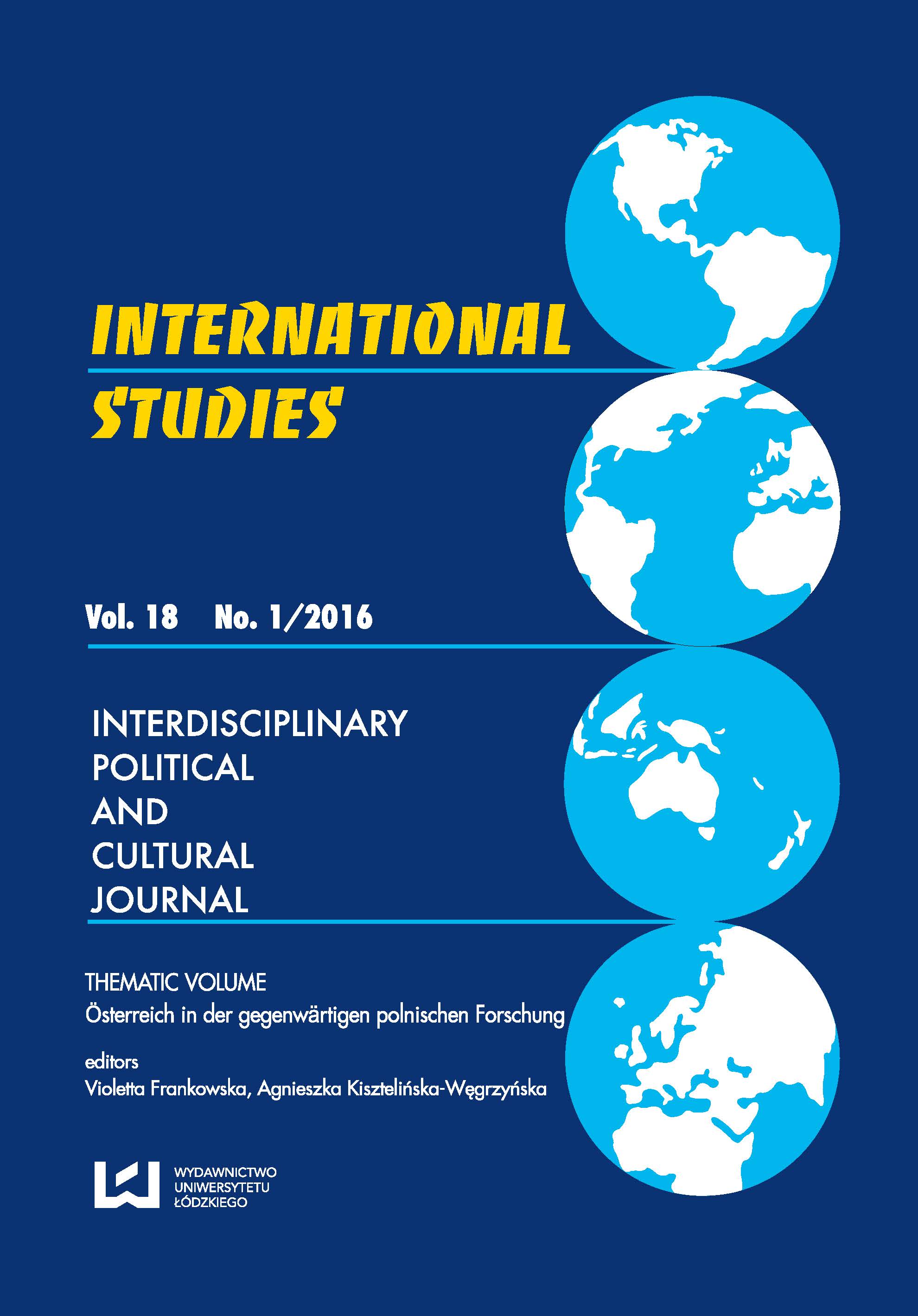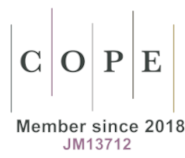Die Stellung Österreichs und der Schweiz zur Schaffung des Europäischen Binnenmarktes eine Vergleichende Analyse
DOI:
https://doi.org/10.1515/ipcj-2016-0004Keywords:
European Community, Austria, Switzerland, integrationAbstract
This article examines, in a comparative perspective, the integration policy of the two, in many respects, very similar, neutral states, with particular emphasis on the period after the signing of the Single European Act. Despite the converging political and economic objectives, the decisions of both countries were determined by different economic and political conditions. For Austria, the integration processes were perceived as an important step, towards reconstruction of the economy, the abolition of trade barriers with the most important economic partner. In political terms integration – enhanced Austria’s position within European Community. Unlike the Austrian Government, the authorities in Bern have acted under much more polarized conditions. Neutrality played still very important role in its international policies and the social fears connected mostly to the loss of political and economic independence were vivid. The Swiss authorities were thus forced to choose the bilateral path, which was not preferred by EU countries, but more socially acceptable, and therefore easier to implement.
Downloads
References
Außenpolitischer Bericht 1987, MANZsche Verlags- und Universitätsbuchhandlung-Wien 1988, S. 121–125.
Google Scholar
Die Schweiz und die europäische Integration, Postulat der Kommission für Wirtschaft und Abgaben NR, Ad 87.005–1.
Google Scholar
Dupont C., Sciarini P., Lutterbeck D., “Catching the EC Train. Austria and Switzerland in Comparative Perspective”, European Journal of International Relations, London 1999.
Google Scholar
Fischer A., Die Auswirkungen der Internationalisierung und Europäisierung auf Schweizer Entscheidungsprozesse, Zürich: Verlag Neue Zürcher Zeitung, 2005.
Google Scholar
Goetschel L., Bernath M., Schwarz D., Schweizerische Außenpolitik. Grundlagen und Möglichkeiten, Zürich: Verlag Neue Zürcher Zeitung, 2002.
Google Scholar
Kreis G., Schweiz – Europa: wie weiter? Kontrollierte Personenfreizügigkeit, Zürich: Verlag Neue Zürcher Zeitung, 2009.
Google Scholar
Kremer H., „Wende in der österreichischen Außenpolitik? Zur Außenpolitik der SPÖ-ÖVP-Koalition“, Österreichische Zeitschrift für politische Wissenschaft, 1988(2).
Google Scholar
Laursen F., “The Community`s Policy Towards EFTA: Regime Formation in the European Economic Space (EES)”, Journal of Common Market Studies 28(4).
Google Scholar
Luif P., On the Road to Brussels: The Political Dimension of Austria’s, Finland’s and Sweden’s Accession to the European Union, Wien: Wilhelm Braumüller-Wien, 1995.
Google Scholar
Neuhold H., The European Neutrals in the 1900s. New Challenges and Opportunities, Boulder: Westview Press, 1992.
Google Scholar
Pelinka A., Schaller C., Luif P., Ausweg EG? Innenpolitische Motive einer Außenpolitischen Umorientierung, Wien: Boehlau Verlag, 1994.
Google Scholar
Pelinka A., EU-Referendum. Zur Praxis direkter Demokratie in Österreich, Wien: Facultas Verlag, 1994.
Google Scholar
Popławski D., Austriacka polityka neutralności 1955–1995, Warszawa 1995.
Google Scholar
Riklin A., Hans H., Probst R., Neues Handbuch der schweizerischen Außenpolitik, Bern: Verlag Paul Haupt, 1992.
Google Scholar
Schenker M., EG als Chance. Die Schweiz am europäischen Scheideweg, Zürich: Werd Verlag, 1991.
Google Scholar
Schwendimann T., Herausforderung Europa. Integrationspolitische Debatten in Österreich und in der Schweiz 1985–1989, Bern: Peter Lang Verlag, 1993.
Google Scholar
Schweiz – Europäische Union: Integrationsbericht 1999, EDMZ, Bern 1999.
Google Scholar
Tomczyk M., Polityka Szwajcarii wobec Unii Europejskiej, Łódź: Wydawnictwo Uniwersytetu Łódzkiego, 2013.
Google Scholar
Downloads
Published
How to Cite
Issue
Section
License

This work is licensed under a Creative Commons Attribution-NonCommercial-NoDerivatives 4.0 International License.

















